Is AI dangerous or beneficial? Discover the risks and rewards of artificial intelligence, from automation and healthcare to job security and ethics.
Artificial Intelligence (AI) is no longer just a buzzword—it’s everywhere. From voice assistants like Siri and Alexa to advanced medical diagnostics, AI is shaping our daily lives. But as AI grows more powerful, a crucial question arises: Is AI dangerous, or is it benefiting us?
How AI is Benefiting Us
1. Healthcare Improvements
AI helps doctors detect diseases early, analyze medical scans, and personalize treatments. This not only saves time but also saves lives.
2. Business and Productivity
Companies use AI to automate repetitive tasks, improve customer service with chatbots, and analyze data faster than any human team could. This boosts efficiency and innovation.
3. Education and Learning
AI-powered tools create personalized learning paths for students, breaking down complex topics and making education more accessible worldwide.
4. Everyday Convenience
Navigation apps, online shopping recommendations, and smart assistants all run on AI, making our daily routines smoother and easier.
The Potential Dangers of AI
1. Job Loss and Automation
One of the biggest fears about AI is job displacement. Machines can handle many tasks humans used to do, raising concerns about unemployment.
2. Privacy Concerns
AI systems collect massive amounts of data. Without proper regulations, personal information could be misused.
3. Bias and Discrimination
If AI is trained on biased data, it can make unfair decisions in areas like hiring, lending, or even law enforcement.
4. Uncontrolled Development
Experts like Geoffrey Hinton, often called the “Godfather of AI,” warn that without regulations, superintelligent AI could pose serious risks to humanity.
Striking a Balance
AI itself isn’t inherently good or bad—it depends on how we use it. With proper rules, ethical frameworks, and transparency, AI can remain a powerful tool for human progress while minimizing risks.
Artificial Intelligence is both a blessing and a challenge. It is transforming industries, improving lives, and creating opportunities. Yet, without careful oversight, it also carries risks that we can’t ignore. The future of AI will depend on finding the right balance between innovation and responsibility.





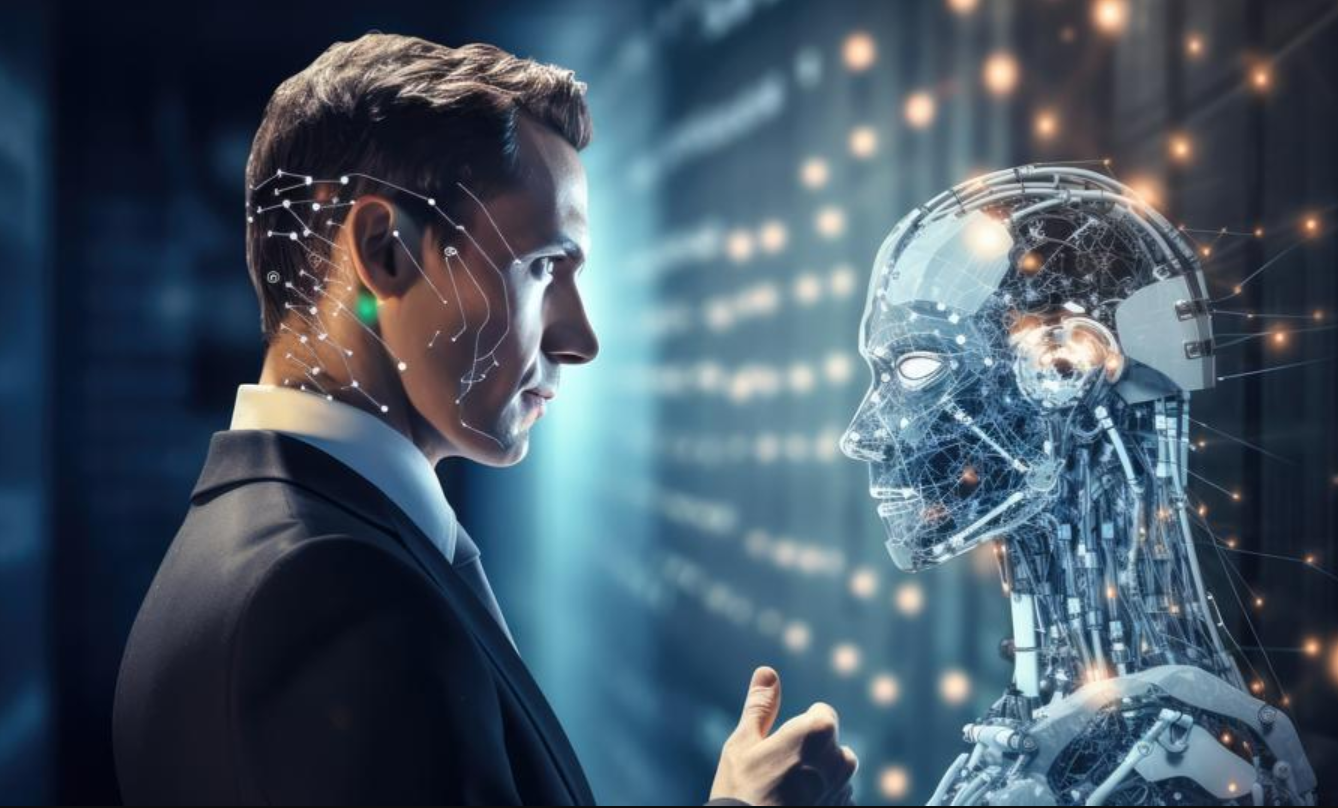
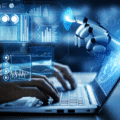
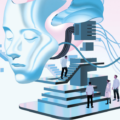
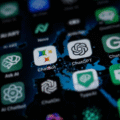
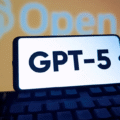
4f30jf